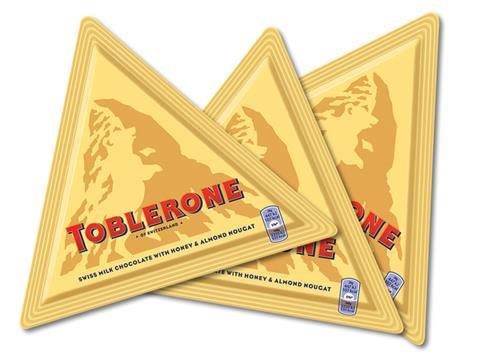
Food groups are increasingly turning to ‘shrinkflation’ to cope with rising costs, according to The Financial Times as suppliers change package sizes to maintain margins.
An investigation into how UK food suppliers are coping with the post Brexit plunge in the pound and tightening margins finds: “Food groups are resorting to “shrinkflation”, a device pioneered by American companies in the 1970s to defend profits in an era of stagflation. They surreptitiously reduce pack sizes while keeping the price constant, in hopes of persuading customers to content themselves, often unwittingly, with less bang for their buck.” (The Financial Times £)
Meanwhile, The Guardian also looks at the problems facing the global food industry, concluding “big food faces annihilation” unless it moves with millennials on health. “The food industry in the US and around the world is scrambling to adapt to a younger generation’s appetite for fresher, healthier foods,” it writes. (The Guardian)
Britain’s vote to leave the European Union has had no effect on the majority of shoppers Christmas spending plans, according to fresh figures. The average UK adult expects to spend £280 on Christmas gifts this year, according to a survey by PwC of 2,000 shoppers across the country. (The Telegraph)
Sterling rose to an 11-week high against the euro today as currency traders welcomed a hint from the Government that it will try to ensure the UK has access to the single market after Brexit. (The Daily Mail, Sky News)
Marks & Spencer has been accused by an MP of potentially ruining Christmas for thousands of its workers by refusing to disclose which stores it is planning to close in Britain over the next five years. Siobhain McDonagh, the Labour MP for Mitcham and Morden, said that she was contacted by dozens of employees who were “shocked that M&S had not had the grace to at least tell staff which stores will be closing, so that they may prepare themselves for the year ahead”. (The Times £)
Nestlé says it has found a way of slashing the amount of sugar in some of its chocolate bars by 40%, without compromising the taste. The Swiss food company, whose products include Kit Kats, Aeros and Yorkies, said it has achieved the reduction by discovering a way “to structure sugar differently”. The new process is said to make sugar dissolve faster so that even when less is used, the tongue perceives an identical level of sweetness. (The Guardian)
European consumers are cutting their shopping bills by ordering on British websites to take advantage of the weak pound, according to online retailers and delivery companies that have seen the number of parcels they send overseas soar. (The Financial Times £)
Howard Schultz is stepping aside as Starbucks’ chief executive for the second time, as the billionaire who built the company into the world’s largest coffee chain hands the reins to his tech-savvy right-hand man Kevin Johnson who pioneered Starbucks’ mobile payment app. (The Financial Times £, The BBC). The billionaire, who stepped down in 2000 before returning during 2008 financial crisis, said he will focus on tech and ‘social impact agenda’ in new role. (The Guardian)
The price of oil rallied a further 5% last night, hitting its highest level in more than a year as traders continued to bet that Opec’s first production cut in eight years would start to clear a global supply glut. (The Times £)
The brewing giant behind Budweiser AB InBev is to roll out its first European chain of pubs based on its popular US craft beer brand Goose Island. (The Telegraph)
The Competition and Markets Authority said yesterday it would order the director disqualification for Daniel Aston, managing director of Trod, an online poster supplier, after it found that he had agreed with rivals selling through Amazon’s UK website not to undercut their prices. (The Times £)
Shares in Australia’s infant formula makers Bellamy’s fell on Friday when the country’s biggest maker of organic baby milk warned changes to food regulations in China would eat into its revenues in the current year. (The Financial Times £)

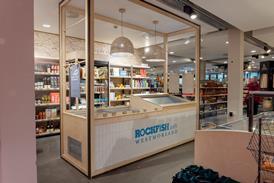

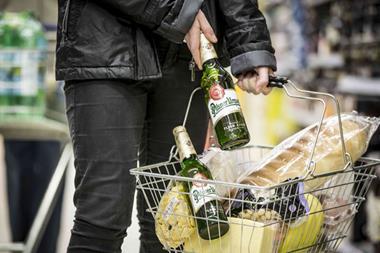


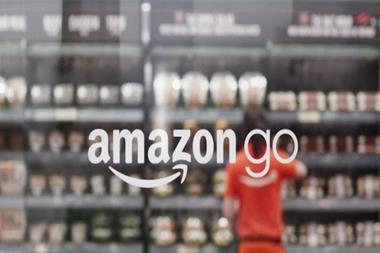




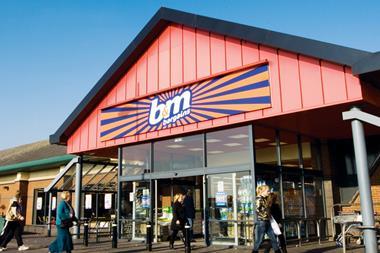

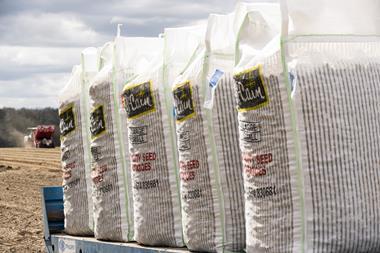
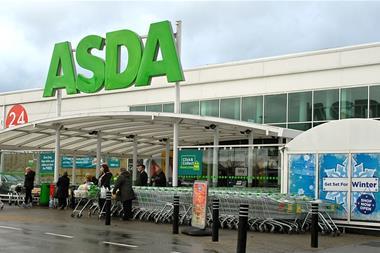
No comments yet